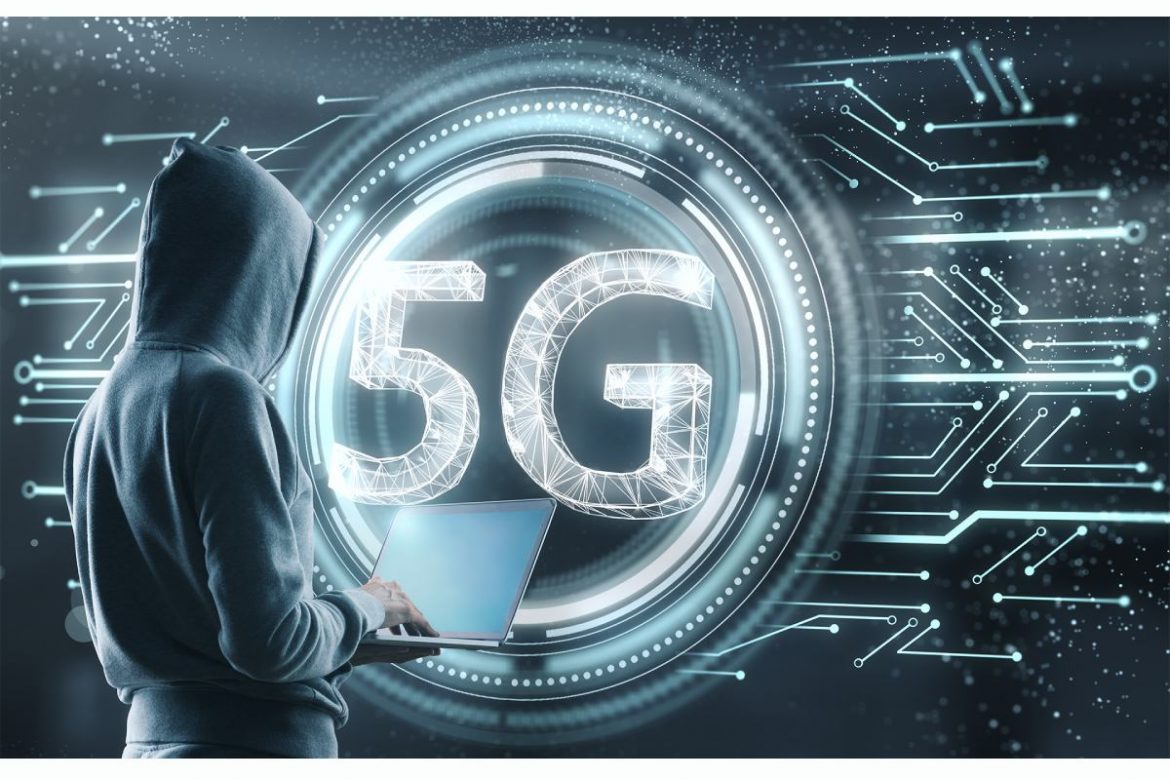The 5G is the mobile technology that will mark the next decade. Users around the world highly anticipate it as it will bring different improvements that will be part of our day to day. However, there are also a few negative aspects to be pointed out. In this article, we echo a report that shows why 5G is going to bring security problems, at least at the beginning.
Security is Going to be a Problem in 5G at the Start

One of the most important aspects for any user when browsing the Internet is security. Many factors can affect our equipment and devices. Many types of attacks, vulnerabilities that can be exploited, mistakes we make when browsing, etc.
In this sense, 5G has some vulnerabilities inherited from 4G. At least, in the beginning, they will share infrastructures in many cases. This means that those old failures are still present in this new technology and cause that, at least at the establishment, it is not as safe as we would like.
A group of security researchers talks about the SS7 signaling system, which has been around for decades and is one of the protocols that can cause problems. Attackers could use this protocol to attack.
Next-generation wireless technology is predicted to account for 21% of all wireless infrastructure investments during 2020. Pilots and official launches are underway around the world, despite the disruption caused by all things wireless. Pandemic and many vendors now offer 5G-capable devices in preparation for transitions from 4G to 5G. More and more mobile phones are compatible.
Now, despite the fact that the investment on 5G is being very large, security seems to be that it is not fully present. Telecommunications technologies, protocols, and standards still have enormous holes for cyber attackers to exploit.
The Black Hat Asia has recently taken place. There, Positive Technologies security expert Sergey Puzankov highlighted how problems in the SS7 protocol still affect the telecommunications industry.
A Protocol with Decades
It should be noted that the industry-standard Signaling System 7 (SS7) and protocol suite were developed in 1975 and have not advanced much since that decade. This also logically affects the security section. In the year 2014, the cybersecurity firm revealed exploitable security flaws in the protocol that could be used to carry out attacks ranging from intercepting phone calls to bypassing two-factor authentication.
But this is not the only standard that will continue in 5G. It is this mix of technology that can lead to security problems that can be exploited by hackers to carry out their attacks.
The suppliers are aware of these problems and have implemented various security measures to protect their networks. Including firewalls signaling, frequent evaluations and audits of security, and IDS signaling routing and domestic SMS implementation.
They have demonstrated different scenarios in which a call, SMS, could be intercepted and compromise users’ privacy.
This, at least on paper, can be avoided when 5G networks are fully autonomous and do not depend on technology inherited from previous networks, such as 4G or 3G. However, for that to happen, there is still time.
5G Will Bring Essential Improvements
There is no doubt that 5G will bring significant improvements to the daily lives of users. One of them is going to be the speed of the Internet. Having a greater capacity to download and upload files will also allow new tools and applications to appear.
But something significant is going to be latency. 5G offers almost non-existent ping. This is very important for the Internet of Things, the technology that will be present in the coming years at the users’ level in all homes, even more than it already is. Many devices will require minimal latency in order to function correctly. It is also essential for video calls.
It will also bring changes in coverage. And it will offer greater capacity indoors, which is considerably better than 4G. We will not have so many problems connecting inside a building and having the best possible speed.
In short, the first 5G can have specific security problems. However, there are many advantages that it will incorporate into the daily lives of users. We will have to wait until it is an autonomous technology and does not have those vulnerabilities of 4G and other previous networks.


